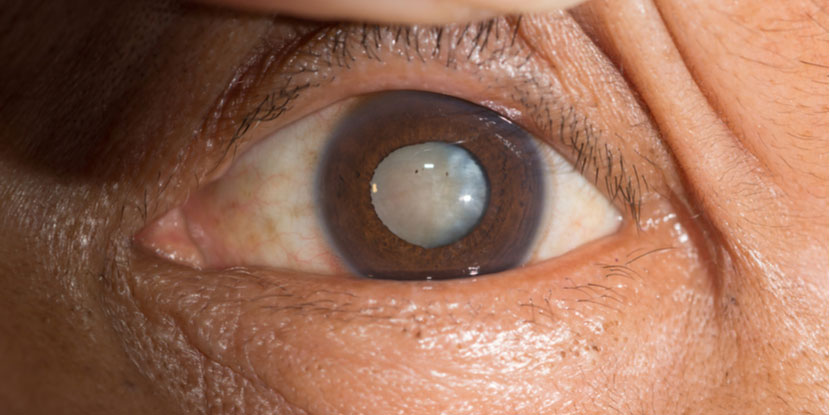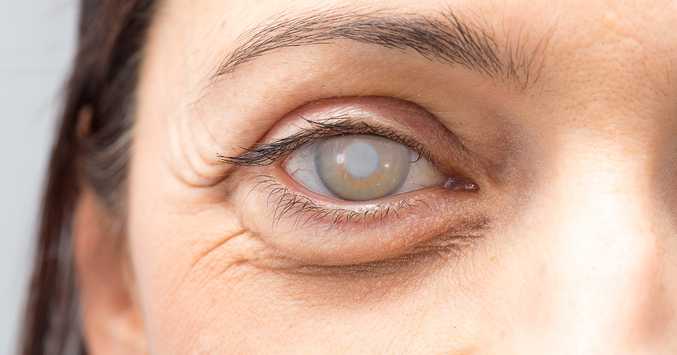
As you age, your sight may become less effective. Sometimes, this is the result of cataracts, which occur when a disturbance in nutrient distribution prevents the lens from sending clear images to the retina, resulting in blurry, ineffective vision. Even though most cataracts hare similarities, there are three main types of conditions. By learning more about them, you can better inform ophthalmologists like Ryan Smith Lexington KY about your specific condition.
Nuclear Cataracts
Sometimes known as nuclear sclerotic cataracts, they are the most common ones caused by age. These specific types of cataracts develop around the central part of the lens. They also cause the nucleus of the lens to harden and turn yellow, hence the term “sclerotic.” Sometimes, when a nuclear cataract develops, it can temporarily improve your vision, a phenomenon known as “second sight,” before you slowly develop issues with close-up vision and focus.

Cortical Cataracts
People with diabetes are more likely to get cortical cataracts. They develop in the lens cortex, a part of the lens located on the outside edge. These cataracts start out as white wedges from the edges of the eye that slowly work their way to the center area. As they grow, these cataracts can cause you problems with depth perception, blurriness and glare.
Subcapsular Cataracts
Also known as posterior capsular cataracts, they tend to start at the back surface of the lens, or right below the capsule. These cataracts can leave you with glare problems and may manifest within your sight as halos. They are the fastest-developing cataracts of the three, usually taking only months. You may be at risk of developing these cataracts if you have diabetes or are currently taking a treatment high on steroids.
Cataracts can affect your vision in several ways and are usually caused by numerous factors. You can identify the specific conditions and symptoms to create the best treatment plan with your eye doctor.






